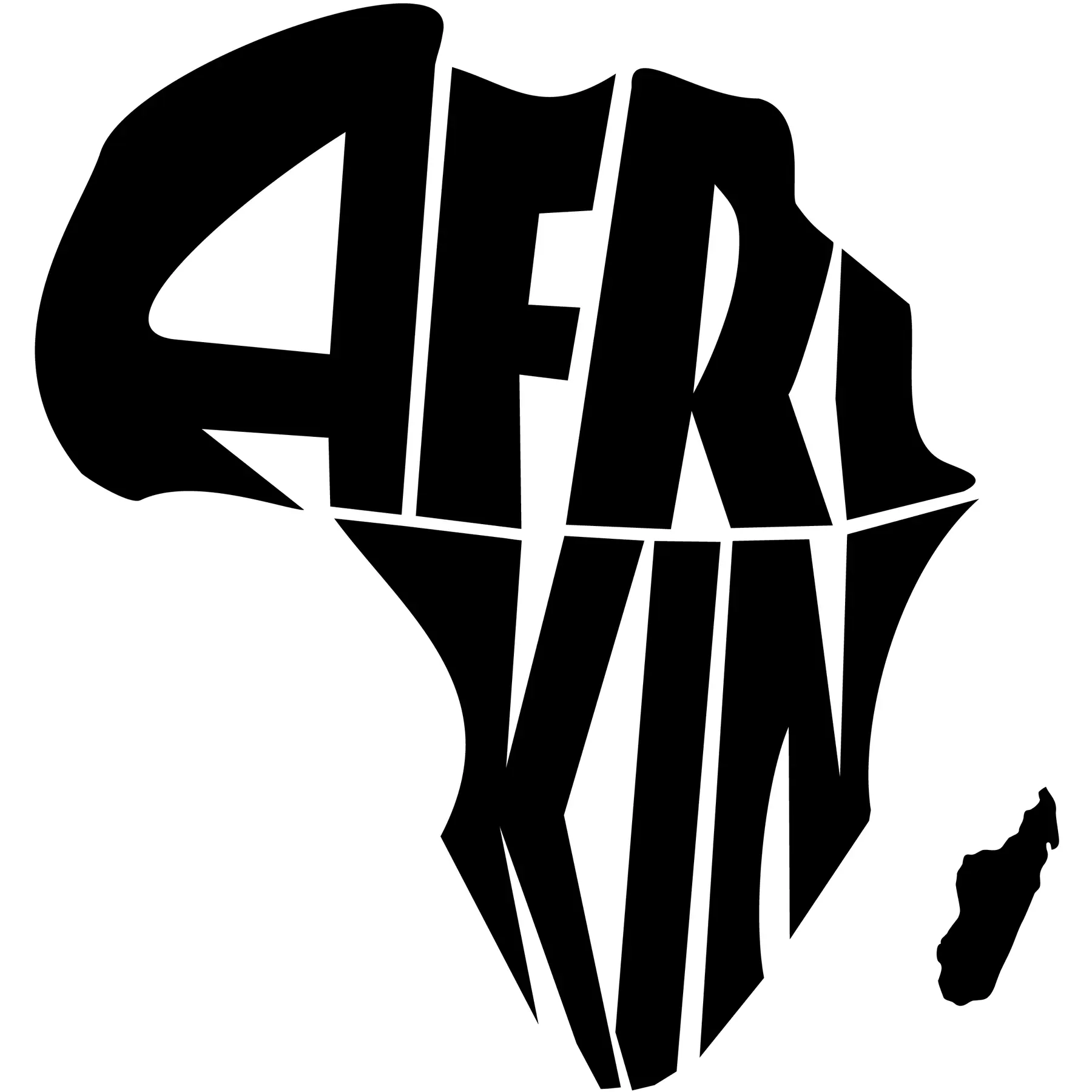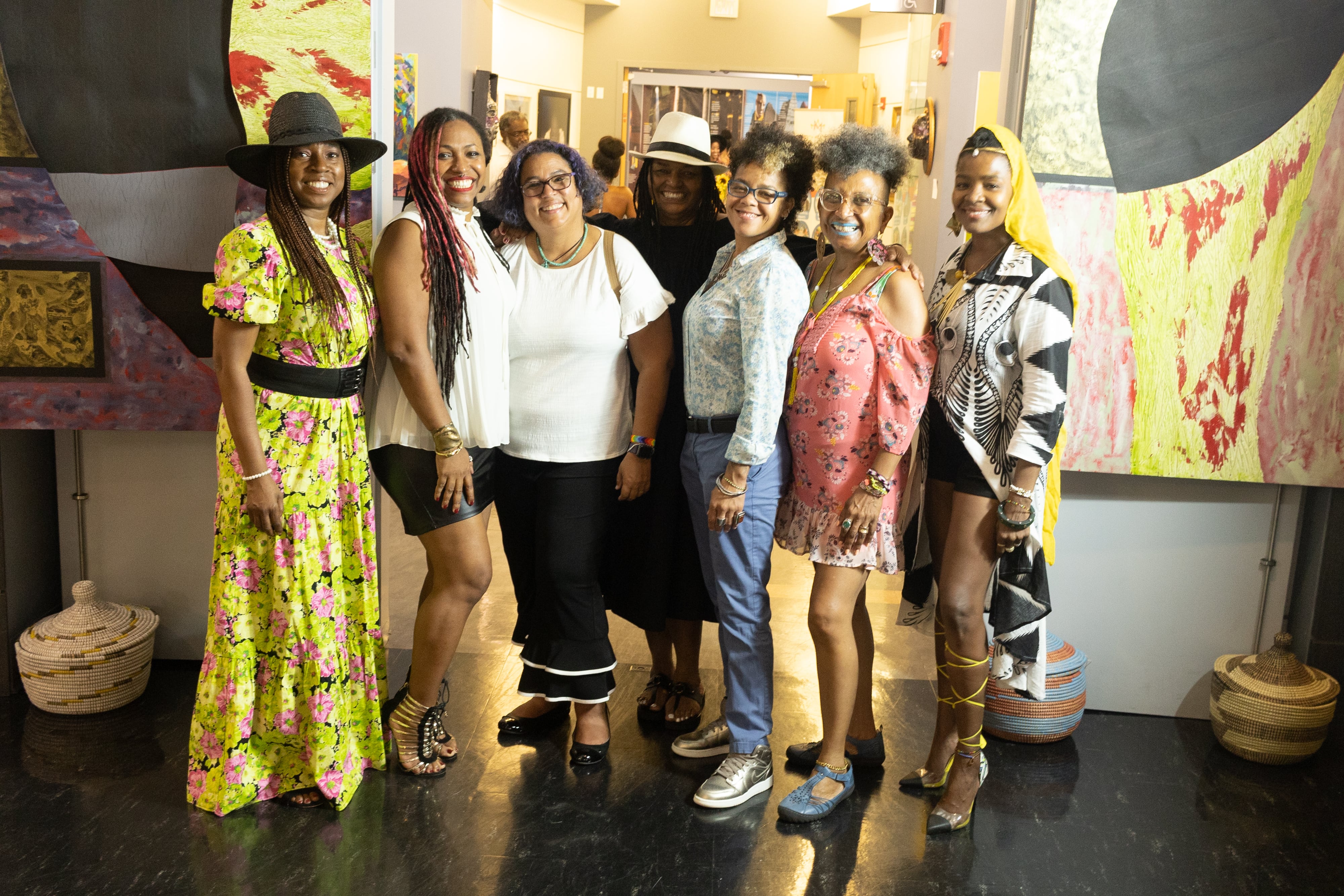When one thinks of God, what usually comes to mind? A divine being, all-knowing, all-powerful, a being of love and light? But what if God was also an African woman?
The idea of the African woman being God is not a new one. In fact, it has been around for centuries. In many African and African-American cultures, the divine feminine is often represented as the African woman. She is seen as the creator of the universe, the source of all life, and the sustainer of all that is. She is seen as the ultimate protector and nurturer, a divine being who watches over her children and loves them unconditionally.
The idea of the African woman is God is also seen in many religions. In Christianity, Mary is often seen as a representation of the divine feminine. She is seen as a loving mother and a compassionate being who looks out for her children. In Hinduism, the goddess Kali is seen as the divine mother, a powerful force of strength and protection. In Buddhism, the bodhisattva Kuan Yin is seen as a compassionate and loving being who helps guide humans to enlightenment.
The idea of The African woman being God is not just about religion. It is also about recognizing the power and strength that African women have. African women have always been at the forefront of social change and progress. They have been leaders in the fight for civil rights and social justice. They have been pioneers in the arts and sciences. They have been warriors in the fight against racism and sexism.
African women have always been powerful. They have always been strong. They have always been resilient. And they have always been divine. By recognizing the African woman as God, we are acknowledging the power and strength of African women and celebrating them for the amazing beings that they are and how they truly walk on water daily.

